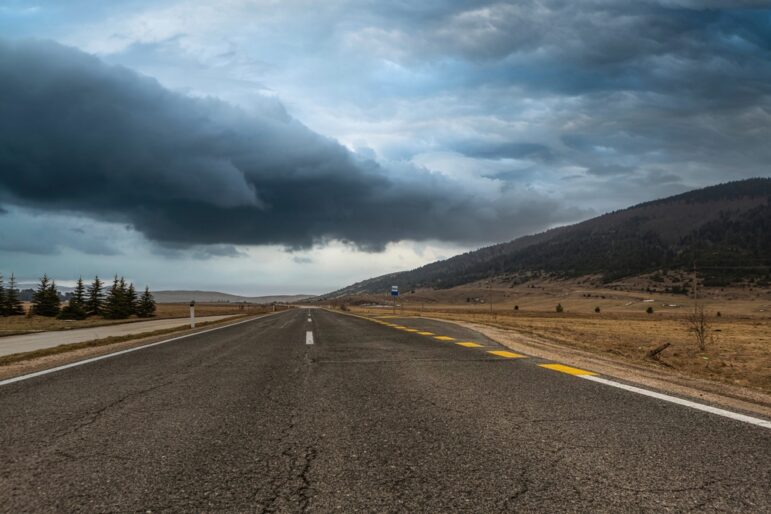
News & Analysis Press Freedom
‘Foreign Agent’ Law in Bosnia Threatens Independent Media
Journalists and editors from this Balkan nation warn that if the recently passed law survives a legal challenge, it would stifle independent reporting.

Journalists and editors from this Balkan nation warn that if the recently passed law survives a legal challenge, it would stifle independent reporting.

GIJN offers a snapshot of how watchdog reporters are confronting algorithmic abuses and misinformation while also employing AI as a key newsroom tool.
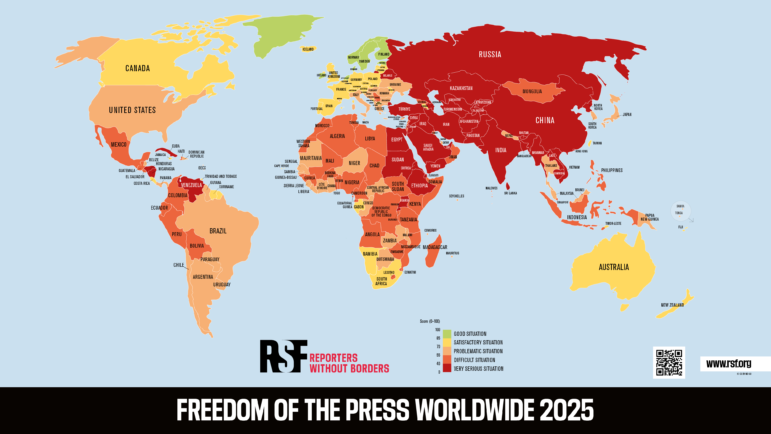
As reporters mark World Press Freedom Day, RSF’s 2025 annual ranking reveals press freedom around the world has fallen to a new, unprecedented low.

Newsrooms across Africa have established formal, right-to-information help desks that leverage government document requests for public accountability and watchdog reporting.

A bill currently being proposed in the South American country’s legislature would have a chilling effect, and make in-depth exposés of the powerful virtually impossible.

In El Salvador, the government has increasingly failed to honor public access to Information laws, forcing journalists to obtain data through other channels to hold power to account.

At Trust Conference 2024, a panel of experts discussed the growing risks to lawyers who defend watchdog reporters, and what this could mean for the future of our democracies.

The founder of IStories talks about moving his entire newsroom abroad for security reasons and the challenges of reporting on Putin’s regime from outside the country.

The exiled Nicaraguan journalist and editor Carlos F. Chamorro explains the critical need to promote and support journalists who are forced to leave their homelands because of their reporting.

Brazilian investigative journalist Juliana Dal Piva faced personal and professional ramifications for investigating the powerful.

“Our priority was to reveal what the government was trying to hide,” says Zyma Islam about the work of her team in the weeks that changed her country.

Investigative journalism in Ethiopia — Africa’s second most populous country — currently faces a series of severe challenges.

Polish journalist Patrycja Maciejewicz on how SLAPPs have been used Poland, Serbia, Croatia, Slovenia, and Bosnia & Herzegovina — and how to combat them.

The Mexican filmmaker Santiago Maza has a new documentary called “State of Silence,” which explores the perilous situation facing investigative journalists in his home country.

A proposed “foreign agents” bill in Georgia is viewed by many journalists in the country as part of a coordinated campaign to suppress investigative and independent media.

Reporters Without Borders (RSF) warns that state oppression and political pressure are increasingly threatening journalism around the globe in its 2024 World Press Freedom Index.

Anti-corruption campaigner Alexey Navalny proved that anyone, after investigative training and practice, can expose rights abuse at the highest levels of government.
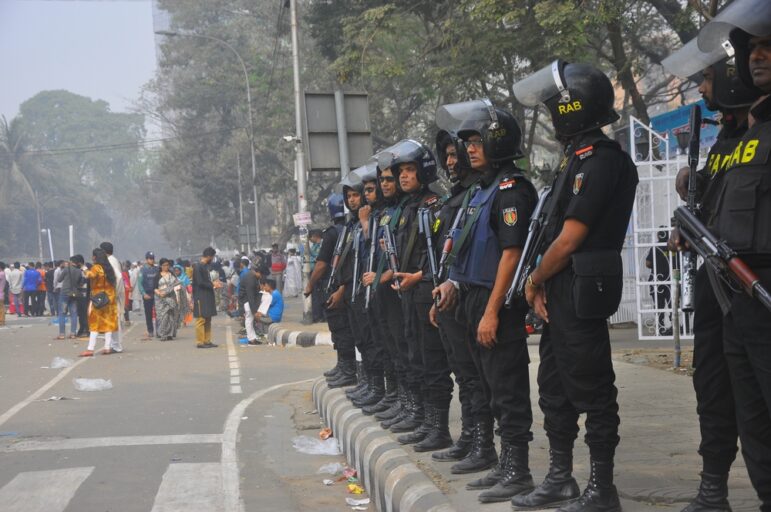
Netra News Editor-in-Chief Tasneem Khalil speaks about his experience as a journalist working from exile.
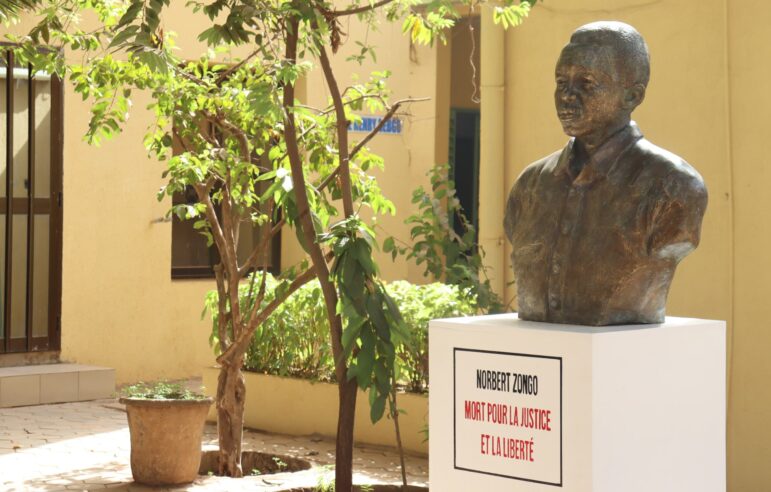
GIJN member The Norbert Zongo Cell for Investigative Journalism in West Africa (CENOZO) strives to promote journalism in the public interest.

The investigative reporter Paúl Mena Mena speaks about the worsening security crisis in Ecuador.
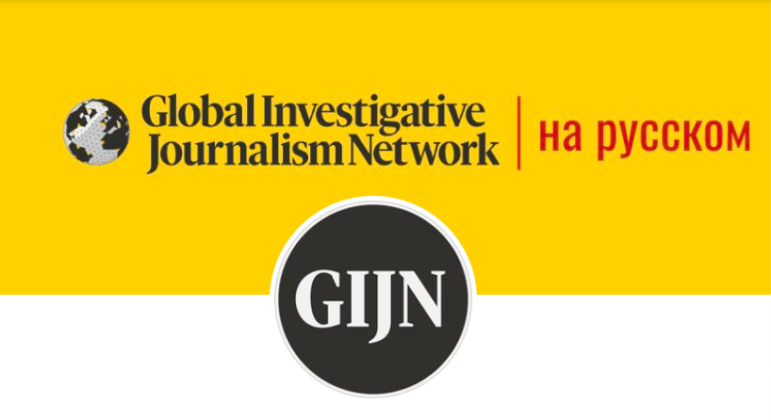
GIJN officially protests having been flagged as an “undesirable” organization by the Russian Ministry of Justice.
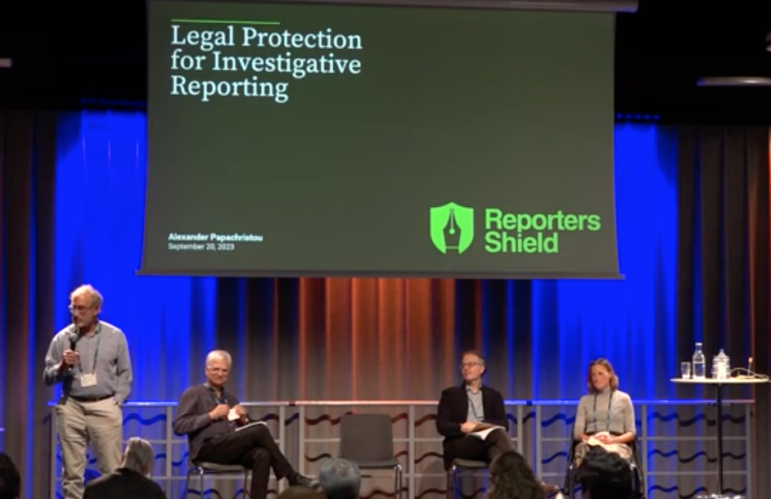
How journalists can identify whether they’ve been hit with a SLAPP suit — and resources for helping journalists fight back.
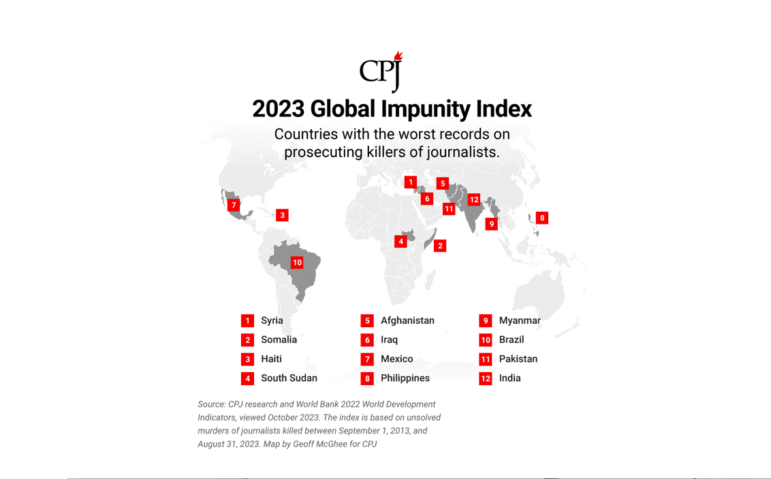
According to CPJ, 261 journalists have been murdered in the past 10 years, part of a broader “hard path to justice” where killings of reporters go unpunished.
More than half of the world’s countries have laws that require officials to supply public documents on request. These laws offer valuable windows for reporters, even for those outside of a country’s borders. But there are almost always tricks to targeting and expediting these disclosures, and this panel brings deep experience in how to do […]
If there was just one panel to attend at GIJC23, this might be it. We’re witnessing a global assault on democratic institutions and a sustained global decline in democracies. Investigative journalism, in partnership with civil society, has emerged as a last line of defense for human rights and democratic principles in countries around the world — even where we thought we were secure. This panel features giants in the push-back against fascism and authoritarianism. We have an extraordinary lineup — Lina Attalah, Vinod Jose, and David Cay Johnston. — who will offer inspiration and tools to fight for a free and accountable future.
Following Ron Deibert’s keynote, we have an all-star panel of journalists on the front lines of the digital war being waged against watchdog media. Moderator Sheila Coronel will lead an hour-long discussion about what it’s like to have your newsroom invaded, your sources exposed, and your actions tracked every day. We’ve asked noted journalists from […]
Today, we take for granted large-scale, collaborative cross-border investigative reporting. Not only at the global scale, but across Africa, Asia, Latin America, and the Middle East, networks of investigative journalists have made the extraordinary almost routine. But this relatively new field has deep roots, going back to a series of little-known meetings in the 1980s, […]
Journalists are facing a worldwide legal assault from a growing arsenal of abused laws, from national security and emergency edicts to libel and privacy statutes. Harassment lawsuits, while always a threat, have mushroomed in use by the rich and powerful to silence watchdog reporting. SLAPP suits (“strategic lawsuits against public participation”), are one variant and […]